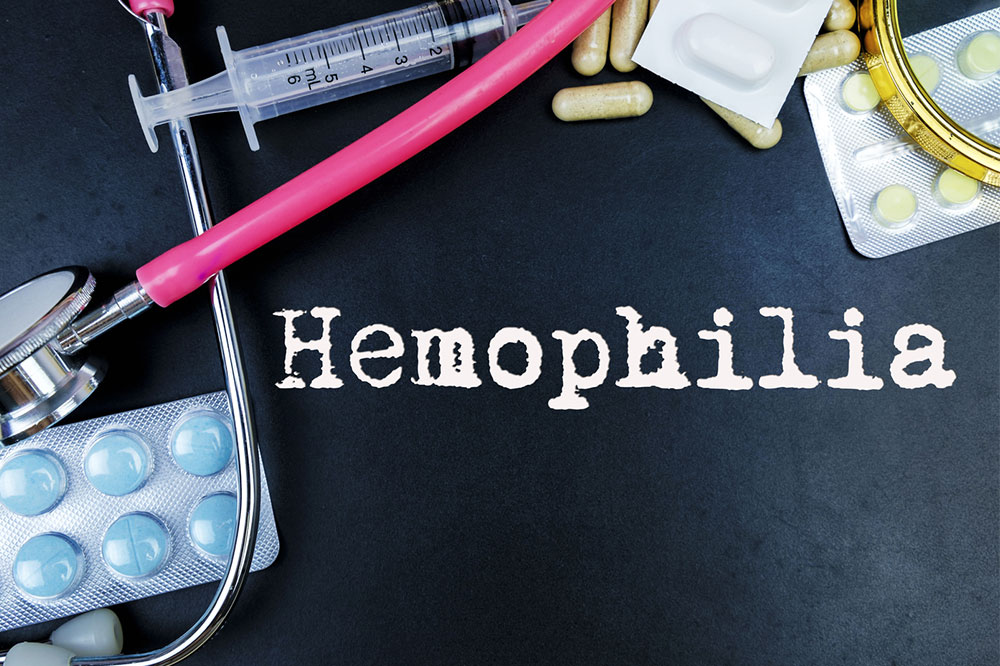
5 Lifestyle Tips for Hemophilia Patients
Hemophilia is an inherited clotting defect, which primarily leads to spontaneous internal or external bleeding. As hemophilia is primarily an inherited disease, there is no cure for it. However, treatment is possible, and it helps minimize the severity and probability (of occurrence) of its symptoms. The most crucial treatment is lifestyle modification. Here are some essential lifestyle changes one can implement with hemophilia.
1. Safety
Clotting problems in the blood imply that even the smallest cut or scrape could bleed for a long time. Hence, preventing injuries and remaining safe can go a long way in avoiding hemophilia. One must wear helmets and safety gear when engaging in hazardous physical activities and eliminate sharp corners in furniture both at home and the workplace. Oral hygiene is also paramount as dentist visits can trigger bleeding. Patients should also equip themselves with basic knowledge on first aid to minimize blood loss.
2. Medication
It is essential to stay away from drugs that interfere with blood clotting when a person has hemophilia. The list of drugs to steer clear from include aspirin and anti-inflammatory medication like ibuprofen. It would also help if patients avoided blood thinners. One must ask their general practitioner about alternate medicines and treatments, such as herbal supplements.
Hemophilia patients must get all the necessary vaccinations on time, especially hepatitis A and B, and regularly test for bloodborne infections. It is critical because of the constant transfusions one receives as part of hemophilia treatment.
3. Diet
There is surely no specific diet to follow, but a balanced meal with fruits, vegetables, and complex carbohydrates is ideal to remain healthy with strong immunity. Besides, small, frequent meals are better than three large meals every day. Doctors recommend limiting consumption of white sugar, salt, alcohol, and saturated fats.
Hemophilia patients must maintain a healthy weight to not put any excess pressure on the joints. It is crucial because the joints are already susceptible to stress because of blood accumulation from internal bleeding. Staying hydrated is essential, and eight glasses of water a day is the ideal volume to consume. One must also stay away from caffeinated and carbonated drinks that only add empty calories.
4. Exercise and sleep
Regular exercise, apart from maintaining a healthy weight, boosts energy levels and enhances one’s mood. Patients must get consent from their doctor regarding their work out regime before implementing it.
Just as being active is essential, getting proper rest is also necessary since the body rejuvenates during sleep. The usually recommended eight hours apply here as well. One should listen to their body closely; if one feels tired while exercising, it’s okay to take a break. Likewise, if one needs more sleep than usual on some days, it’s okay to indulge.
5. Mental health
If a person is diagnosed with an incurable disease, it can undoubtedly stress the mind as much as the body. It is, hence, essential to make sure one is coping well mentally too. One should consider visits to psychologists or counselors to talk about stress. If this is embarrassing or awkward for some reason, one should take the time to speak with family and friends.
Journaling can help too. One can record their symptoms, thoughts, and feelings regularly. Pouring out emotions in a personalized space works well for some; try it. It’s crucial to cherish moments and celebrate small victories. Breaks should be taken when needed. Relaxing techniques like yoga, Tai Chi, or meditation can also help.


